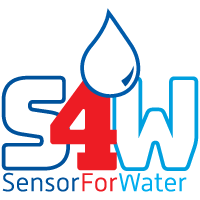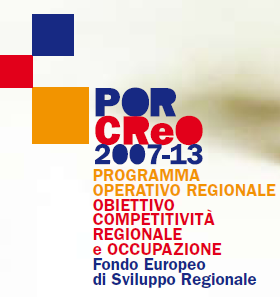The FLUXMET project – Innovative low-cost sensor for total remote control of water (clean and wastewater) in the pipeline [cod. 2010/1299] was developed by B.R.E. Elettronica S.r.l. thanks to a loan approved on the funds of the POR CReO / FESR 2007-2013. Intervention line 1.3 to “Aid to research and innovation for companies in the manufacturing sectors” to support the experimental development of small and medium enterprises.
The project activities, started in April 2010, were successfully completed at the end of July 2011.
FLUXMET was born on the basis of some considerations relating to the situation of the water service in each ATO (Optimal Territorial Area) and of the responsibilities of the integrated water service manager to ensure a level of service (water in sufficient quantity and quality) at a set rate. This makes it necessary to optimize the management and regulate the flows in the branches in the network according to the availability of the resource and the characteristics of the demand and the network.
A well regulated network is advantageous in terms of energy, environment, service and industrial profitability. A good regulation requires to know in detail and continuously the dynamic state from a sufficient number of sensors installed on the pipes. However, the available devices are too expensive and complicated to install and maintain in order to be used widely.
B.R.E. identified this gap as a market opportunity and set the goal of creating a sufficiently precise flow telemetry system in the pipelines (FLUXMET), which can be easily installed in the real aqueduct conditions, which would be reliable over time and the cost of which allows the widespread installation.
The project was implemented through four construction goals:
- design, construction and characterization in the laboratory of a small series of prototypes for different types of sensors;
- field installation in real and representative conditions for a period sufficient to assess the industrial viability of the project;
- data collection and analysis;
- evaluation of the prototype and definition of the corrections for the transition to the pre-series.
From the prototyping the necessary elements were then obtained to be able to pass to the demonstration phase on a real scale.
For further information, please contact the project manager Ing. Maurizio Creati



